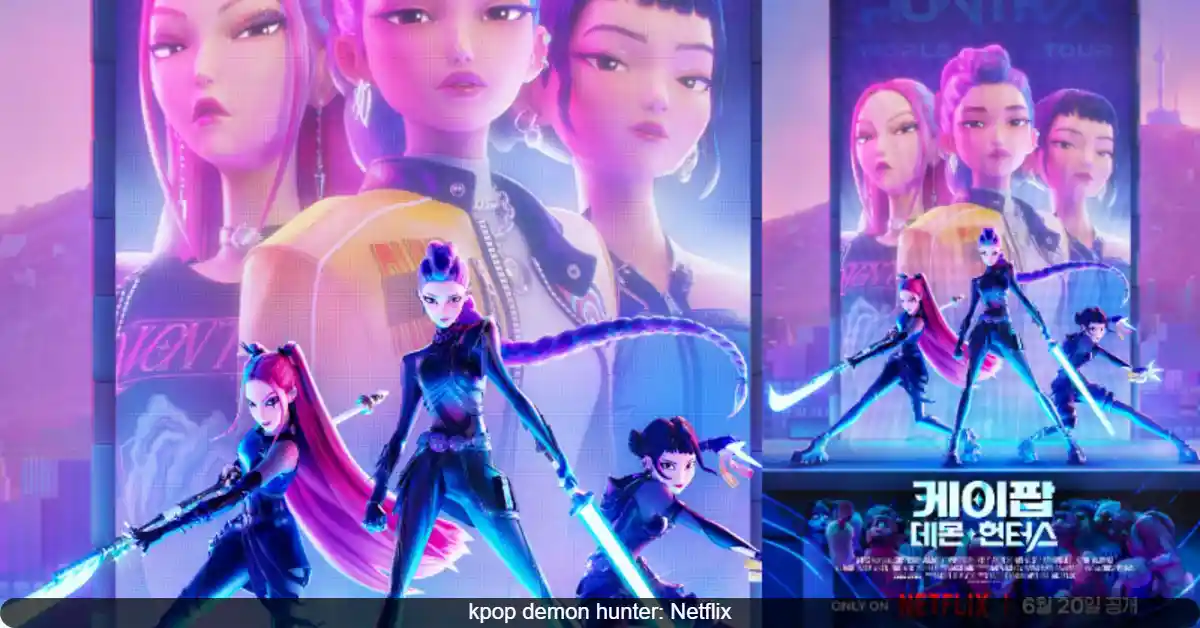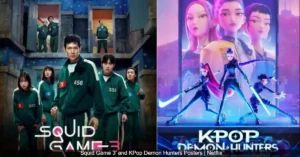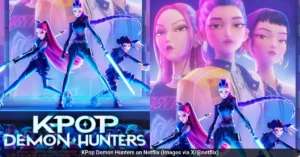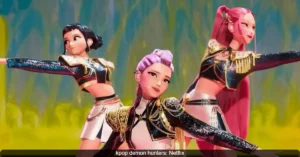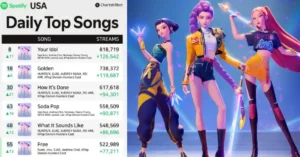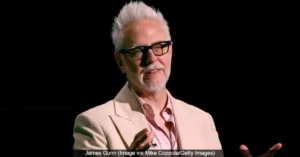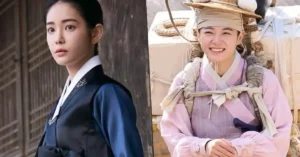Professor Seo Kyung-duk Challenges China’s Accusations Against Hit Netflix Film K-Pop Demon Hunters
Netflix’s animated film K-Pop Demon Hunters has sparked a heated debate about cultural ownership after its global success. The movie, released on June 20, 2025, quickly became a worldwide hit, topping streaming charts in 26 countries and ranking in the Top 10 in 93 nations. However, some Chinese viewers have accused the film of using Chinese cultural elements without proper acknowledgment.
The controversy centers on the film’s use of traditional Chinese knots in its animation. Critics on China’s Douban platform claim the film “steals Chinese culture,” with over 1,000 negative comments flooding the site. Many argue that Korean media should not incorporate Chinese symbols.
In response, Professor Seo Kyung-duk from Sungshin Women’s University strongly defended the film. He criticized China’s history of illegal streaming and cultural appropriation accusations against Korea.
“Illegal viewing is now normalized in China, and what’s more shocking is the complete lack of shame surrounding it,” he stated. “Rather than falsely accusing Korea of stealing Chinese culture, Chinese netizens should learn to respect other nations’ heritage.”
He ended his statement with a sharp remark:
“It’s about time China woke up and came to its senses.”
K-Pop Demon Hunters’ Global Success
Despite the backlash, K-Pop Demon Hunters continues to break records. The film blends K-pop music with supernatural action, following a fictional girl group that fights demons. Its soundtrack, featuring songs like “Takedown” and “Golden”, also topped the U.S. iTunes Album Chart.
The movie’s success highlights the growing influence of Korean pop culture worldwide. However, the controversy raises questions about cultural representation and intellectual property in global media.
Mixed Reactions from Chinese and Korean Netizens
Chinese social media remains divided. Some users insist the film misuses Chinese culture, while others argue that cultural exchange should be celebrated. On Korean forums, many support Professor Seo’s stance, calling China’s accusations hypocritical.
“China often claims Korean culture as its own, but now they’re upset over a fictional movie?” wrote one Korean netizen.
“The knots are part of East Asian heritage, not just China’s,” added another.
Broader Debate on Cultural Ownership
This isn’t the first time China and Korea have clashed over cultural heritage. Disputes over hanbok (Korean traditional dress), kimchi, and historical figures have fueled tensions in recent years. Experts say the K-Pop Demon Hunters debate reflects deeper issues of national identity and cultural diplomacy.
Also Read: Ahn Hyo Seop Opens Up About His Role in Netflix’s Hit Animated Film ‘KPop Demon Hunters’
As the film gains more viewers, the discussion is likely to continue. For now, K-Pop Demon Hunters remains a global hit, proving that Korean entertainment still dominates the international stage.
Source: iMBC

